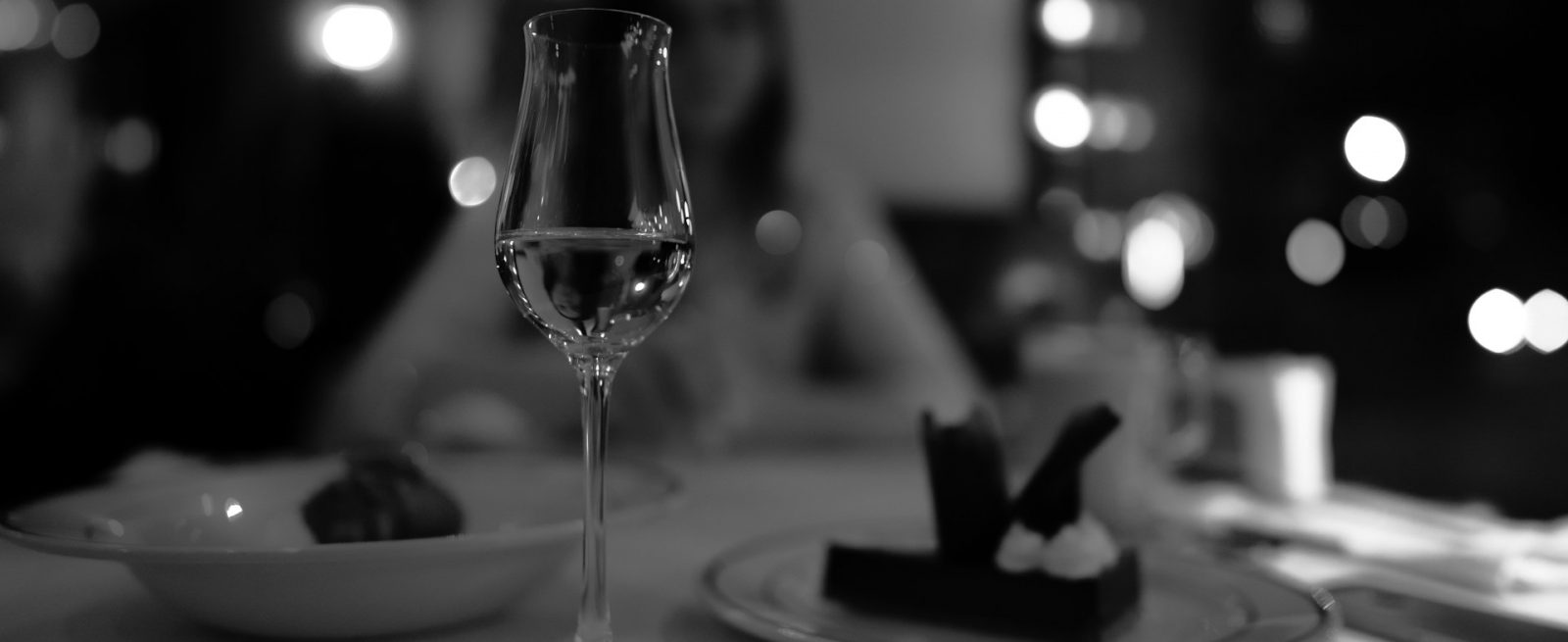‘Restaurants Are Hard and Beautiful and Important and They Can Break You Down and Boost You Up.’
4 Min Read By MRM Staff
James Beard Award-nominated lifestyle writer Hannah Selinger details her decade working in restaurants in CELLAR RAT: My Life in the Restaurant Underbelly, a part scorched-earth account/part loving ode to the restaurant industry. Along the way, she reveals what goes on behind New York City’s fine dining scene, while dealing with harassment, and gaslighting before her journey of healing and self-recovery.
In the prologue, you had a great phrase: “Restaurants helped me reinvent my past.” What do you mean by that?
I'm referring here to my chaotic and, at times, abusive childhood, where I often felt overlooked and unloved. Restaurants were a place where I could overcome that deficit. Instant family! Instant friends! Instant community! So when I say I was reinventing my past, what I mean is that I was writing a new narrative for myself, one where I was on the inside looking out, as opposed to the opposite.
What is it about the restaurant industry that kept you working in it for a decade?
Part of what kept me in restaurants was definitely necessity. I needed work. I don't spend too much time in the comments section, but some of the more unkind feedback I've gotten has questioned why I stayed in this brand of work when I was met with all manner of chronic abuse, and the answer is that I really didn't think I had anywhere else to go. Like everyone else, I had bills, and I was faced with a grim reality, which was that I didn't see a whole lot of other options, despite my education, despite whatever skills I may or may not have, or have had.
In what ways are your restaurant and writing careers interconnected? Are there skills you learned in restaurants that you feel are valuable?
Multi-tasking is, hands-down, the most valuable skill I acquired in restaurants, and I can confidently say that I use it everywhere in my life–not just in writing, but, yes, also in writing. Obviously I write a great deal about food, so there is a lot of spillover between what I used to do, as an entrenched member of the restaurant community, and what I currently do, as someone writing about food and restaurants. It's a great privilege to be able to write about the things that I once did, and to experience food in new and different ways, through the art of writing.
Multi-tasking is, hands-down, the most valuable skill I acquired in restaurants, and I can confidently say that I use it everywhere in my life.
Has restaurant culture changed for the better thanks to exposing some of the toxicity?
It's a hard question to answer. I think people feel more comfortable coming forward, and I hope that, in some small way, I have contributed to transparency and safety in the industry. But we still see chronic offenders taking major endorsement deals and appearing in legacy papers and magazines. We still see chronic offenders walking free from, say, Boston courthouses, despite loads of evidence that should send them to actual prison.
What was the mindset behind including recipes and how did you select what recipe paired well with each chapter?
I've written recipes for a long time, and I felt like this was just another creative pursuit. It was included in my proposal, so it was always part of the mission statement of this book. People have been cooking the recipes and reporting back, and the reception around them has been really warm, which I have loved seeing.
I had a brilliant recipe tester, Bonnie Benwick, who crossed all my ts for me (pro-tip: hire a whip-smart recipe tester if you ever decide to include recipes in a book) and I'm thrilled with how everything turned out. The recipes themselves are thematically linked to each chapter, some overtly and some very subtly.
Do you think you still have more to say about restaurants after this book?
I think I will always have more to say about restaurants! It's part of the fabric of who I am. That doesn't necessarily mean that I have more of my own stories about working in restaurants to share (though who knows!), but I'm probably going to write about restaurants in some capacity for the rest of my life.
I know it’s so soon after the publication date, but what kind of responses have you received and what do you hope readers take away from your story?
Save for one really weird response from a conflicted reviewer who is friends with people I wrote about, the reception has been overwhelmingly lovely and kind. You get the bad Goodreads responses here and there, but I have been a professional writer for a really long time and I don't spend a lot of time or energy perseverating about the people who don't like me. Those people are free to write their own books. I might even buy one. I hope readers see this as a story both of love and grief and, more importantly, as a manifesto that seeks change in an industry that I passionately hope can get better.
What advice would you give to someone who wants to carve out a career in restaurants and what can they learn from your journey?
Restaurants are hard and beautiful and important and they can break you down and boost you up. I'm optimistic about what we can do in restaurants, but I know we're not there yet, and anyone thinking of going into the restaurant world should know that. Maybe they can help to make it the great place we all know it can be.

